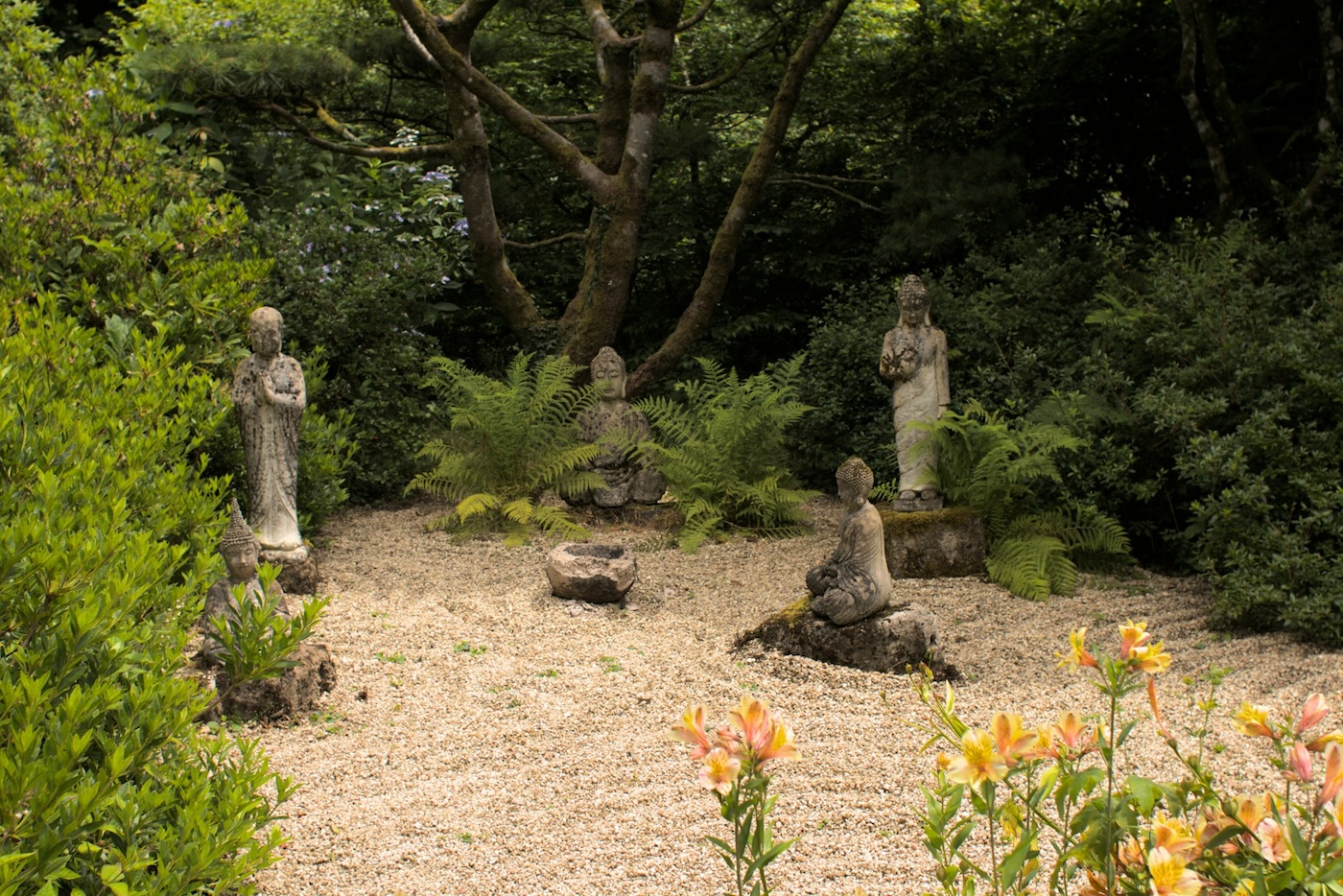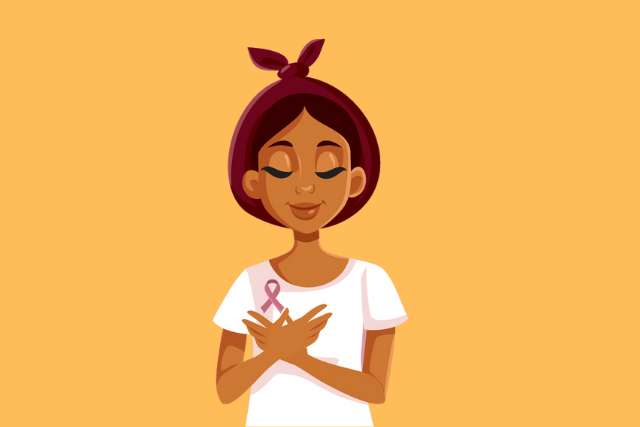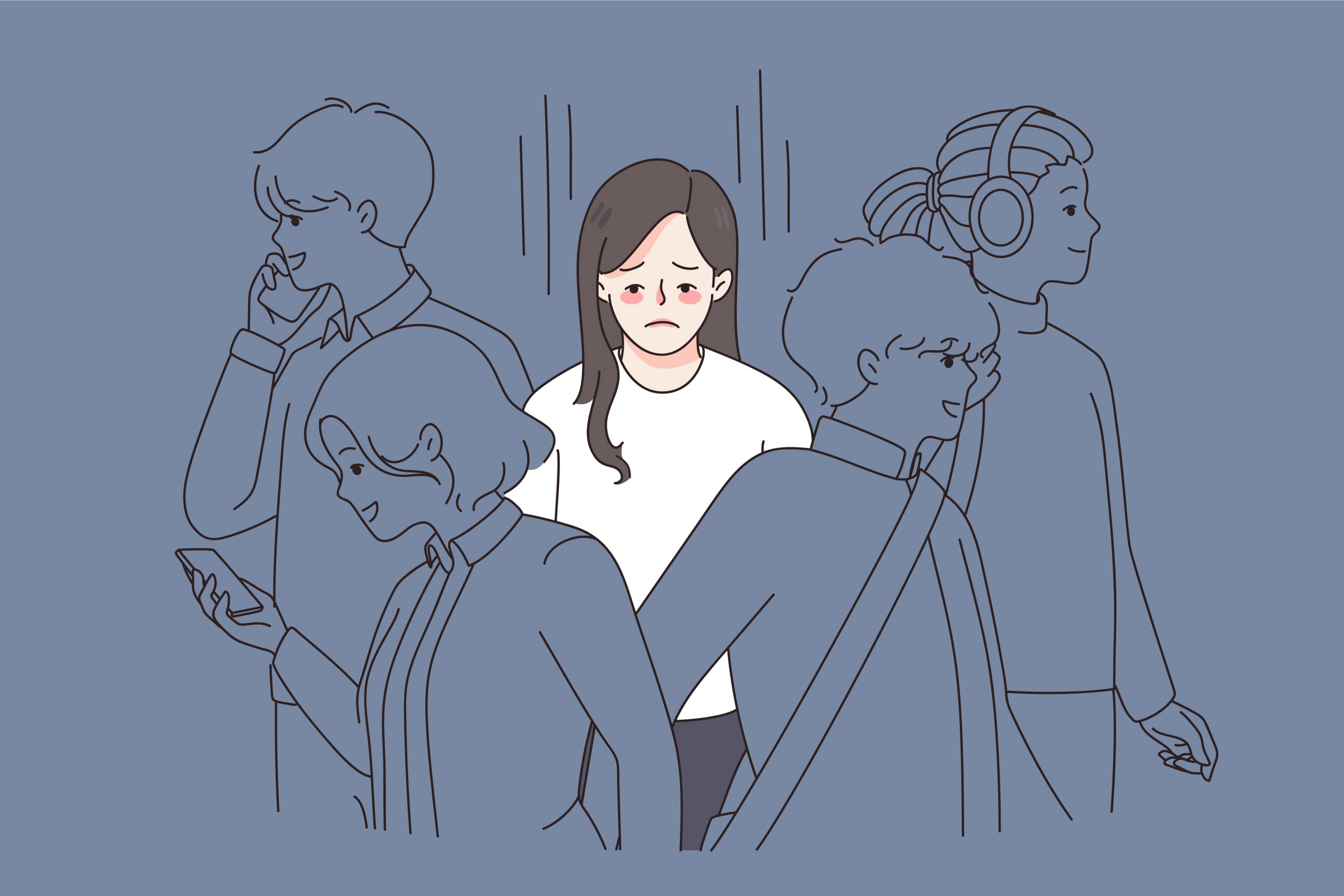The Real Humbling
A Zen monk on the imperfect and yet transformative potential of student-teacher relationships along the spiritual path The post The Real Humbling appeared first on Tricycle: The Buddhist Review.

The student-teacher relationship in spirituality has been a cornerstone of countless traditions for over a millennia. It holds the potential for immense light, offering guidance, wisdom, and transformation. Yet, as with any relationship involving a power differential, the dynamics of power and trust can also become a recipe for disaster.
My own spiritual journey began as a deeply individualistic pursuit. At the time, I was captivated by the teachings of Jiddu Krishnamurti, who vehemently rejected any form of spiritual authority. His words, “You have to be a light to yourself,” resonated with me as a call to self-reliance—a challenge to uncover my own truth without leaning on external guides. This approach felt empowering, giving me the confidence to navigate the spiritual terrain with independence and a sense of personal responsibility.
However, my fixation on independence masked the fact that I was avoiding the complexities of human relationships. I was unwilling to surrender my ego in that context, and as a result, I was not allowing for the deeper flourishing of my spiritual path.
During this period, I explored various traditions and experimented with many practices—including but not limited to ancient plant medicine, kundalini yoga, and New Age rituals—yet always with a sense of autonomy and independence that I was proud of. These explorations helped me to feel more connected to life, as I learned to surrender in my solitary meditation practice, letting go into the vastness of pure being. I could lose myself in the beauty of nature, feeling a profound connection to something greater than myself, or be moved by an artistic performance that transcended the ordinary. In these moments, I could bow in reverence to the impersonal expressions of the spiritual journey. Yet, when it came to becoming part of a community or bowing down to a teacher, I was not interested.
But, as many seekers can testify, the very things we resist the most are often the ones that lead us home.
The spiritual journey is rife with paradoxes, contradictions, and, sometimes, plain irony. This became evident when I met a teacher named Genpo Merzel Roshi, to whom I felt an immediate and inexplicable connection. Spending a weekend in a workshop with him in New York City sparked profound transformations in my perceptions of self and the world. Suddenly, I found myself needing to be close to this person, irresistibly drawn into a gravitational field that felt both bewildering and undeniably true. It became clear to me that I had found my lineage, my spiritual family.
Despite my previous resistance to surrendering in the presence of another human, I saw no choice but to fully bow down to my newfound teacher and the lineage he represented. I had to acknowledge that this person was further down the path than I, that I needed his guidance, and that this could only work if I trusted him completely—which meant voluntarily putting myself “under” him spiritually, no matter how much my ego hated the idea.
Looking back at this experience, it reminds me of the story of Zen master Nan-in, who was approached by a university professor seeking to learn Zen. The master offered the visitor tea but continued pouring even after the cup was full, causing the tea to overflow. When the professor protested, Nan-in replied, “Like this cup, you are full of your own opinions and speculations. How can I show you Zen unless you first empty your cup?”
When a student surrenders and bows down to their teacher, emptying themself in order to receive new wisdom, some traditions describe this as “submission.” But in my view, submission doesn’t capture the real essence of this beautiful act. A more accurate term would be “humbling.” I wasn’t forcefully submitted—I was humbly opened.
This humbling is a profound act of trust and openness, akin to a newborn surrendering into the embrace of a parent. It is a deeply transformative experience, allowing us to release layers of resistance and ego. We come to realize that while we must take full responsibility for our path, we don’t have to walk it alone. In fact, we can’t do it alone, because we are not separate, independent beings. We are inevitably interconnected with those who came before us, those around us, and those who will come after us.
It is important to acknowledge, though, that the same vulnerability that allows for such beauty also holds the potential for tragedy. In the wrong context, where a vulnerable seeker encounters a teacher that’s not mature enough, or hasn’t taken the time to heal their own shadows, this dynamic can easily lead to abuses that fuel cultlike behavior. It’s essential to recognize that the spiritual path, like all of life, carries inherent risks. But these risks are not a reason to shy away; rather, they call for discernment and wisdom. We must be clear that any teacher is a finger pointing to the moon, never the moon itself.
An intimate student-teacher relationship is not always easy, as it can trigger deep-seated issues such as fears of abandonment, needs for attention, or struggles with authority—for both the student and the teacher. Yet, these challenges can also become opportunities for profound healing and growth. In 2011, my teacher went through a “fall from grace” when he admitted to sexual misconduct and misuse of power, having had sexual affairs with several of his female students, including one of his dharma successors. As a result, a significant part of his sangha left him, and sixty-six Zen teachers signed an open letter asking Merzel to step down from his position.
For those in the sangha that consciously decided to leave, I believe it may have been the best decision for them. As for me, although I was somewhat shocked when I found out, it was already clear to me that what I was seeking wasn’t a flawless teacher but rather the deep realization of my own true nature. I decided to stay with him despite his imperfections, knowing that I had plenty of my own. I would be a total hypocrite if I were to say that I was free from dishonesty, greed, hatred, or any of the defilements. While many of us do our best to keep the precepts, as imperfect humans, I believe that none of us will get a perfect score and that pretending to do so will inevitably cause more harm than good. I stayed with Genpo Roshi because I trusted that my teacher could guide me into a deep realization. And even amid his unethical actions, I arrived at insights I may have not otherwise, especially regarding the expectations we might have about what enlightenment is, as well as the reality of spiritual teachers as ordinary and inherently flawed human beings. If I had left, I would have lost much more than I have gained.
The dharma manifests itself in countless ways, and many might find deep realization through paths that do not require an intimate student-teacher relationship. But for those of us who do walk this path, it is crucial to find a teacher who fosters our growth, encouraging us to stand on our own two feet, nurturing our spirituality as well as our agency as emotionally mature individuals—not just as dependent and obedient devotees.
And most importantly, it is paramount that a teacher recognizes that the True Nature of each and every student of theirs is already whole and complete, lacking nothing.
After sixteen years of studying with my root teacher, I’ve come to understand that I was humbled not just by another human or a lineage. It may have appeared that way on the surface, but beneath it all, the real humbling was to my own True Nature—no different from that of the Buddha and all sentient beings. This Nature transcends all labels and categories: birthless, deathless, impossible to grasp, yet always present. Since I could not initially recognize myself as this, I needed a teacher to embody it for me.
In this way, the teacher and the lineage serve as mirrors, reflecting our own True Nature back to us. When we humble ourselves before them, we are, in essence, answering the deepest calling of our being—humbling ourselves to the truth of who we are.
Some years after starting my spiritual journey, I came across the Mahaparinibbana Sutta, where the Buddha, on his deathbed, advises Ananda to “be a lamp unto yourself.” These words now bring to life the sentiment that Krishnamurti’s phrase had sparked in me years earlier. We do need to illuminate ourselves, and an authentic teacher will guide us in doing just that, helping us recognize that the light we seek is already within us, just a heartbeat away from being realized.

 ValVades
ValVades 
































